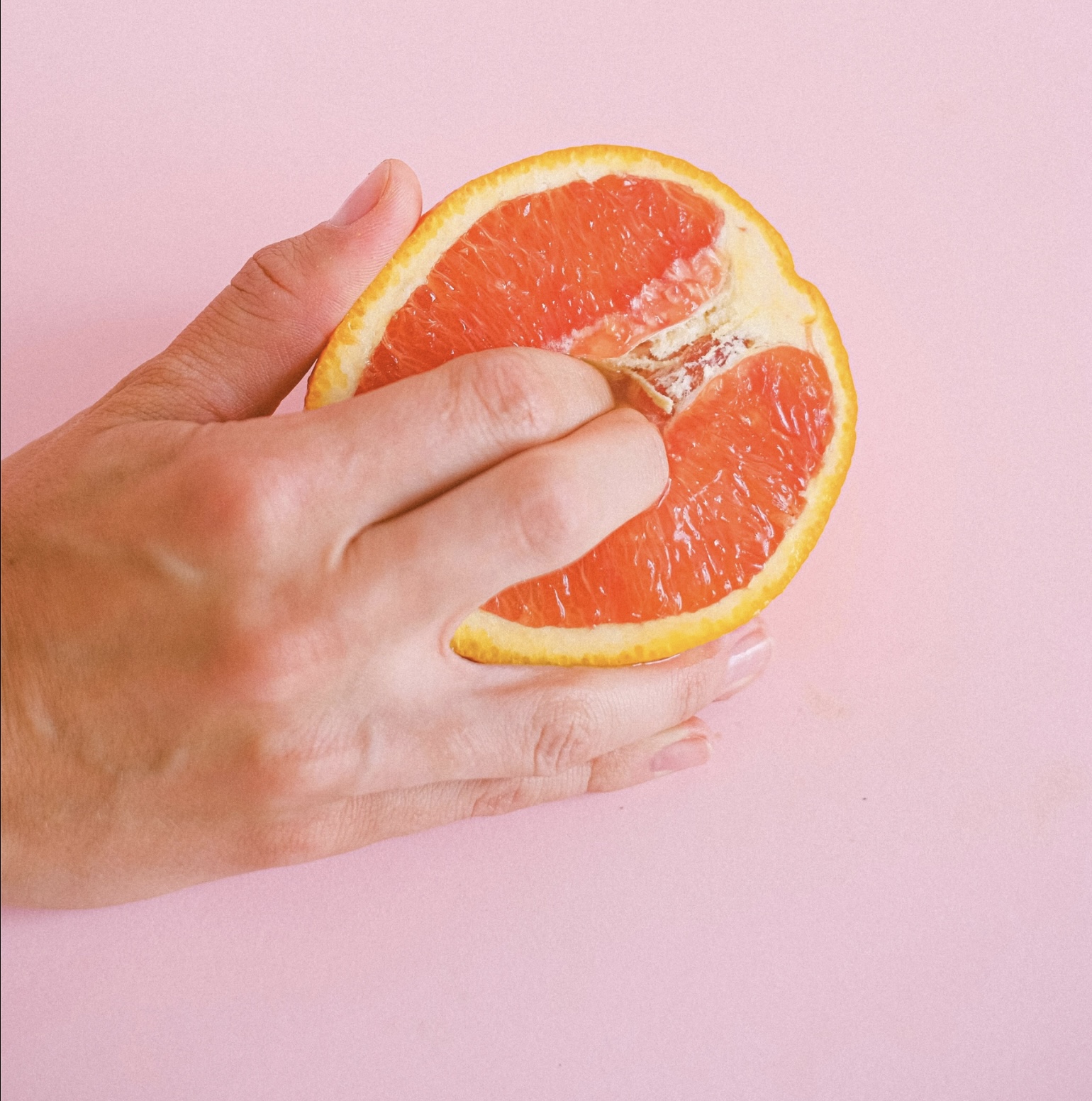
By V Solar-Miller
For hundreds of years people have been trying to convince humanity of the immorality of masturbation. “Masturbation Insanity,” a widespread belief in the 19th century, led generations of Americans into fearing they’d go insane if they poached the egg. Swiss physician S.A.D. Tissot claimed masturbation would cause brain fog, loss of strength, pain, pimples and the inability to get wifey pregnant. According to Tissot, vagina owners would suffer from hysteria, cramps and uterine tremors (insert joke about this guy never seeing a uterus tremble).
In 1898, at a small health and wellness resort in Chicago, two brothers of Kellogg cereal fame were pondering “masturbation insanity” and plant-based diets. One of the brothers, Will, accidentally left some wheat dough out overnight, and discovered it fermented the next morning! Once rolled out, the fermented dough was baked into crispy light flakes. This really excited the other brother, John, who believed a bland diet was the key to resisting “lustful urges.” The flakes were exceptionally unstimulating, and the two brothers split due to the decision to add sugar to the product. This story goes down in history as a cautionary tale of how far some men will go to stop you from frosting your flakes.
Though the purpose of masturbation is to feel pleasure, visiting palm springs doesn’t always come naturally. In her book, “Come as You Are,” author Emily Nagoski teaches readers about spontaneous and responsive desire. Spontaneous desire is the standard model most are familiar with, wherein you feel a sudden onset of horniness not necessarily triggered by anything. This isn’t the only type of reaction we can have. Responsive desire emerges in response to sexual pleasure. You don’t have to be ragingly horny to masturbate. People can choose to masturbate for a number of reasons! Masturbating releases a surge of endorphins, the body’s natural stress reliever, and many people choose to masturbate before going to sleep.
Improving your physical health isn’t the only benefit, though. In an anonymous survey conducted by The Trail, respondents were asked about their relationship with pleasure and masturbation. One individual commented on the link between masturbating and self-confidence, saying “learning about your own body and learning to be liked/desired is a great moment.” Almost half of the responders reported using their imagination “sometimes” when masturbating, and others were split between “everytime” and “often.” The brain goes to special places in the search of pleasure. When asked to share some scenarios, there was a slight trend throughout responses with being ‘teased’ and ‘bossed around.’ Some other responses included: class crushes in sundresses and sneaky sex up against the sink at a party in the bathroom. One respondent, who currently identifies as a lesbian, said that they previously “had fantasies about men (especially musicians) being awesome boyfriends and getting laid after a romantic dinner.” Noting how the times have changed, they shared their current romantic scenarios including women by the water (“it’s very calming”).
The mind doesn’t always go to happy things, such as sundresses and beach sex when trying to summon the genie. Many respondents described feelings of shame and guilt when masturbating. Unlearning the harmful ideas perpetrated by a sexually conservative society is the first step to overcoming internalized shame around masturbation. One individual felt “a huge amount of guilt about anything pleasure related,” speculating those feelings might be due to a lack of education and discussion surrounding women’s health. Sexual education might look like hitting the anatomy books, but it can also be one-on-one time with yourself. Masturbation is a completely inconsequential momentary behavior that will not hurt you (as long as your hands or toys are clean). One respondent said that their relationship with pleasure and masturbation has improved over the years, accrediting it with coming “hand in hand with gaining confidence/experience in sex with other partners.” When asked about their relationship with masturbation, one respondent simply said, “great! I love vibrators.”
You don’t need a partner to explore your sexuality. Learning about what your body responds to, how you like to be touched and what you actually enjoy are all really amazing self-love practices. With finals week around the corner, try masturbating to de-stress! Remember: flared bases, always test your lube for an allergic reaction before slathering up, and don’t tell your roommates you turn on the heater in your room to cover up the sound of your vibrator if you can hear the heater through the whole house.
